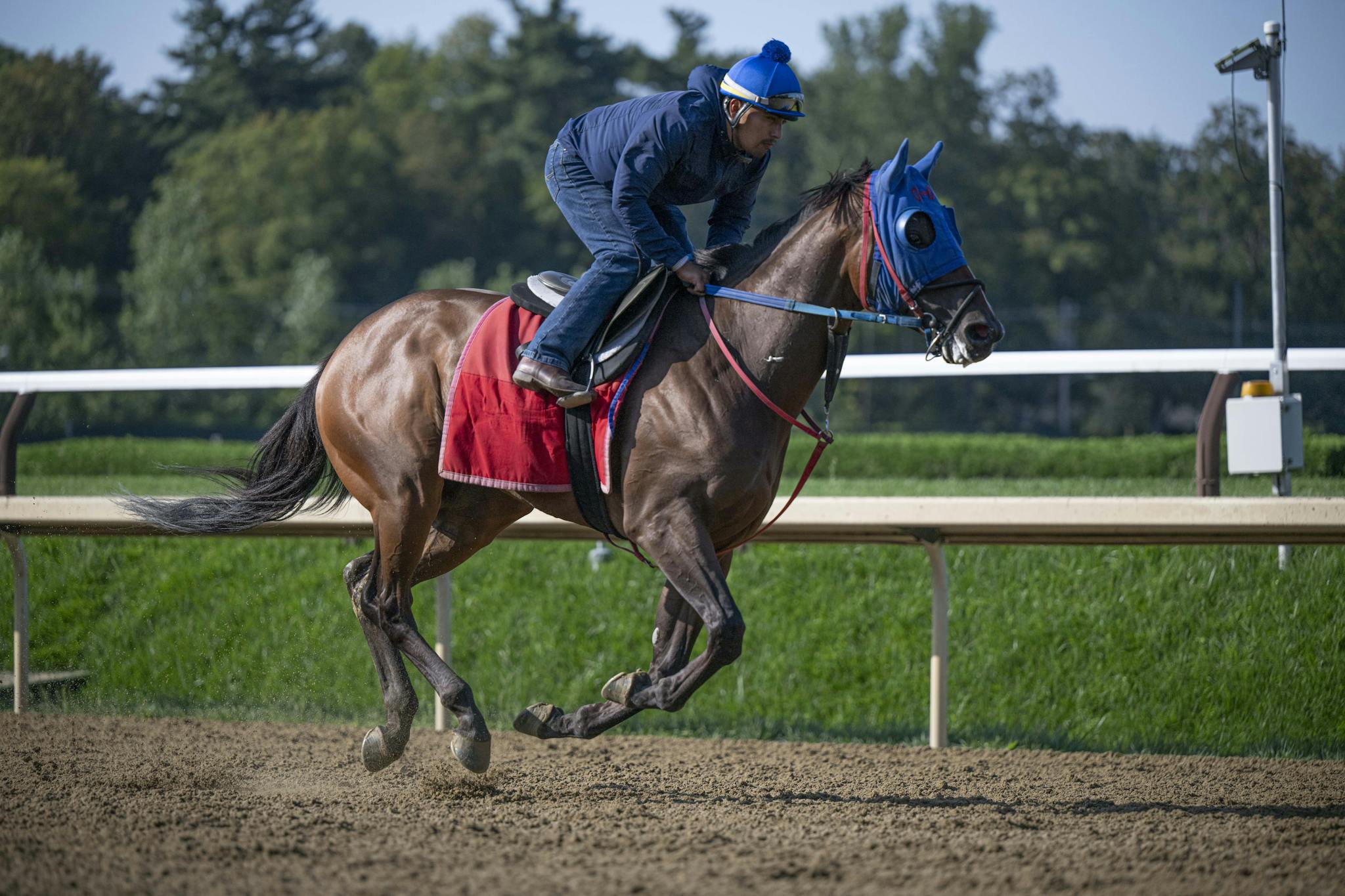The Horseracing Integrity & Welfare Unit (HIWU) would like to draw horsemen’s attention to capsaicin and its presence in products that are commonly used on or around Covered Horses.
Capsaicin is an active component in many peppers and is responsible for their hot/irritant properties. Consequently, many horsemen use pepper pastes, hot sauce, and similar products to discourage horses from chewing on bandages or stall doors. However, capsaicin also has an analgesic effect and is often included in topical pain relief products such as creams, ointments, liniments, braces, and patches. For this reason, the Horseracing Integrity and Safety Authority categorizes capsaicin as a Class B Controlled Medication Substance. It is regulated in Post-Race, Vets’ List, and Post-Work Samples.
Studies have found that capsaicin is absorbed and eliminated more rapidly from the body when consumed or administered orally compared to when it is administered topically. Thus, the route of administration for or exposure to capsaicin is a factor in dictating a horse’s individual risk for a positive test.
In consideration of the fact that HIWU’s partner laboratories have been testing for capsaicin since the Anti-Doping and Medication Control Program’s inception and that there had been no adverse findings reported until this year, HIWU believes that the use of pepper/capsaicin products on bandages, doors, and other items/areas represents a minimal risk for a positive test.
For any over-the-counter topical products (e.g. liniments, body braces) or oral supplements, horsemen should read all labels to check for capsaicin in the list of ingredients and exercise caution when using these products in close proximity to a race or workout. Capsaicin is also in peppers or pepper derivatives, including, but not limited to, chili peppers, cayenne peppers, and paprika, and should also be noted if mentioned on a label.
Horsemen or veterinarians with questions should reach out to sciencesupport@hiwu.org.
